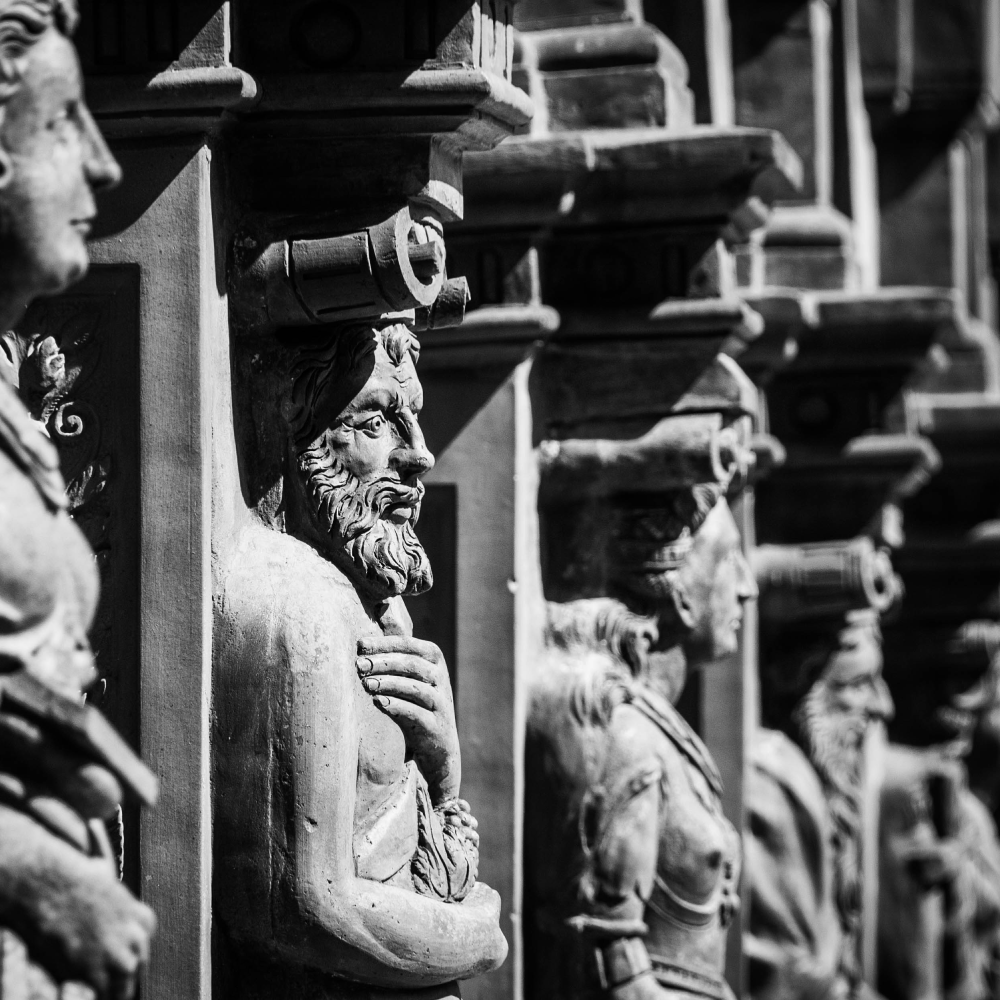Colonialism and Historical Imagination How Colonial Designs Shaped Post-apartheid Identities
Main Article Content
Abstract
Ethnic identity has continued to undermine national unity and integration across post-colonial Africa, and South Africa seems to be no exception. Post-apartheid South Africa has been bedevilled by the spectre of ethnic politics in a way which shows the durability of toxic ethnicity. Ethnic identities in Africa and South Africa in particular, were forged by colonial powers and apartheid (in the case of the latter) through identity construction and the classic strategy of divide and rule. Fluid pre-colonial social ‘identities’ were recast and calcified into hide-bound, immutable and toxic ethnicity that was invested with a separatist consciousness underwritten by corresponding differential economic livelihoods. This study argues for the need to dig deeper into history to understand the state of pre-colonial identities and how colonial designs constructed the latter to undermine resistance by indigenous people and therefore to perpetuate its domination.

